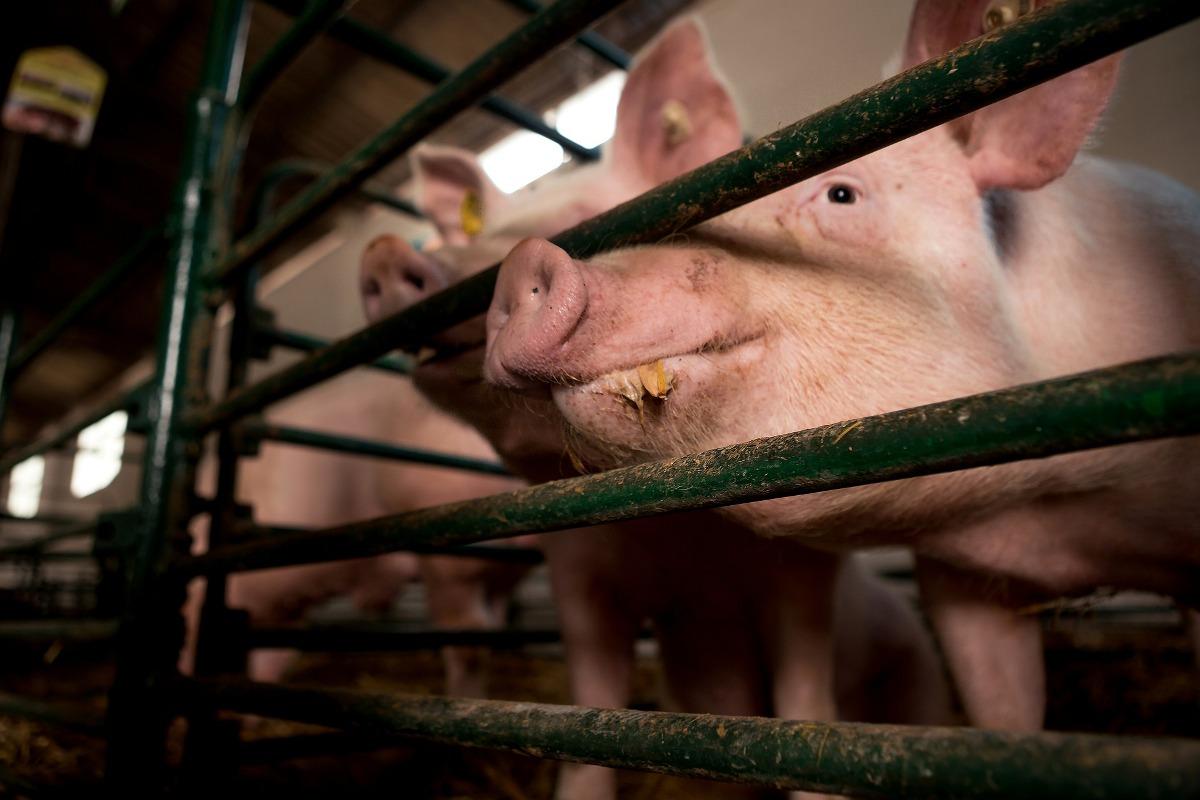
Pig farming, while a significant part of the global agricultural industry, comes with its own set of challenges and disadvantages.
Although pig farming can be highly profitable, it requires careful management to avoid the negative impacts associated with it.
From environmental concerns to animal welfare issues, there are several factors to consider before entering the pig farming business. In this article, we will explore the main disadvantages of pig farming, offering insights into the potential risks and challenges faced by farmers.
1. Environmental Impact of Pig Farming
One of the most significant disadvantages of pig farming is its environmental impact. Pigs produce large amounts of manure, which, if not managed properly, can lead to water contamination, soil degradation, and air pollution.
Pig waste contains high levels of nitrogen and phosphorus, which can run off into nearby water sources, causing eutrophication and harming aquatic life.
Additionally, intensive pig farming operations contribute to deforestation and habitat destruction as land is cleared for pig housing and feed crop production.
The greenhouse gas emissions from pig farming, particularly methane and nitrous oxide, also contribute to global warming. Managing waste effectively and implementing sustainable farming practices are crucial to mitigating the environmental impact of pig farming.
2. Animal Welfare Concerns
Pig farming, especially in intensive systems, raises serious animal welfare concerns. In factory farms, pigs are often kept in confined spaces with limited movement, leading to stress and poor health.
Sows, for example, are typically housed in farrowing crates that prevent them from turning around or engaging in natural behaviors. This confinement can cause physical discomfort, psychological stress, and injuries.
Additionally, the high density of pigs in intensive farming systems increases the risk of disease outbreaks, as animals are more likely to transmit infections to one another in such close quarters.
The ethical considerations of animal welfare are becoming increasingly important to consumers, and many are choosing to support farms that implement humane and ethical practices.
3. High Costs of Operation
Starting and maintaining a pig farm can be expensive, especially in large-scale operations. The costs of purchasing and maintaining pigs, feeding them, and providing healthcare can quickly add up.
In addition to the initial investment in livestock, farmers must also invest in facilities, equipment, and waste management systems to ensure the health and safety of the animals.
Feed is one of the largest ongoing expenses, and fluctuations in feed prices can significantly impact profitability. Furthermore, pig farming is labor-intensive, requiring constant attention and management.
Farmers must ensure that the pigs are kept healthy, fed, and protected from diseases, which can result in substantial labor costs. The financial risks associated with pig farming can be high, and farmers need to be prepared for market fluctuations and unexpected expenses.
4. Disease Management and Health Risks
Another major disadvantage of pig farming is the potential for disease outbreaks. Pigs are susceptible to a wide range of diseases, some of which can spread quickly in intensive farming conditions.
These diseases include swine flu, African swine fever, and other bacterial and viral infections that can lead to significant losses in livestock.
Disease outbreaks not only harm the animals but can also have serious economic consequences for farmers. In addition to direct financial losses, there can be restrictions on the movement of pigs and pork products, which can further impact the industry.
Effective disease management, including vaccination, biosecurity measures, and disease monitoring, is essential for maintaining a healthy herd. However, managing diseases in pig farming can be complex and costly, especially in larger operations.
5. Ethical and Social Concerns
Pig farming also faces growing ethical and social concerns. The treatment of pigs in large-scale factory farms is a hotly debated topic, with critics arguing that the conditions in which pigs are raised are inhumane.
Many animal rights organizations advocate for more humane farming practices, including free-range systems and better living conditions for pigs.
In some regions, there is increasing pressure from consumers to reduce or eliminate factory-farmed pork, leading to a shift toward more sustainable and ethical farming practices. However, this shift often comes with higher production costs, which can affect the pricing and availability of pork products.
Additionally, local communities may be concerned about the environmental and social effects of large-scale pig farming, such as odor, pollution, and the impact on local resources.
Pig farming, while offering economic opportunities and producing a valuable source of protein for many, comes with a range of disadvantages that should not be overlooked.
From environmental pollution and animal welfare concerns to high operational costs and health risks, pig farming presents a series of challenges that require careful consideration and management.
As the demand for sustainable and ethical farming practices grows, it is essential for farmers and industry leaders to address these disadvantages and work toward more responsible and sustainable pig farming practices. Understanding these challenges can help ensure that pig farming remains a viable and responsible industry in the future.
Read Also: How to start a mini piggery farming





